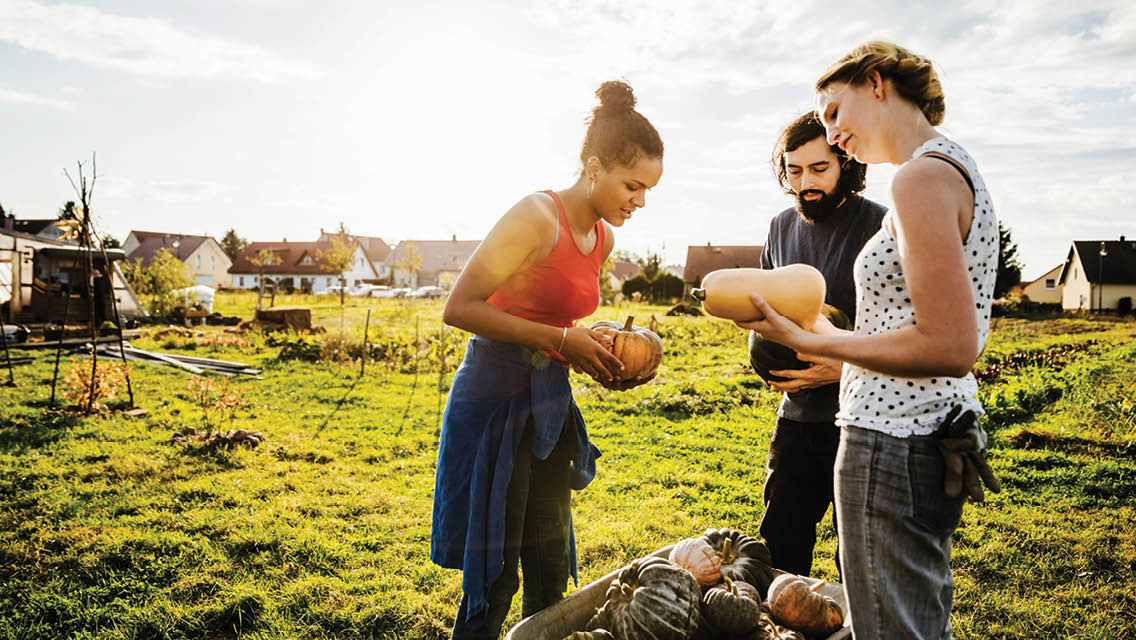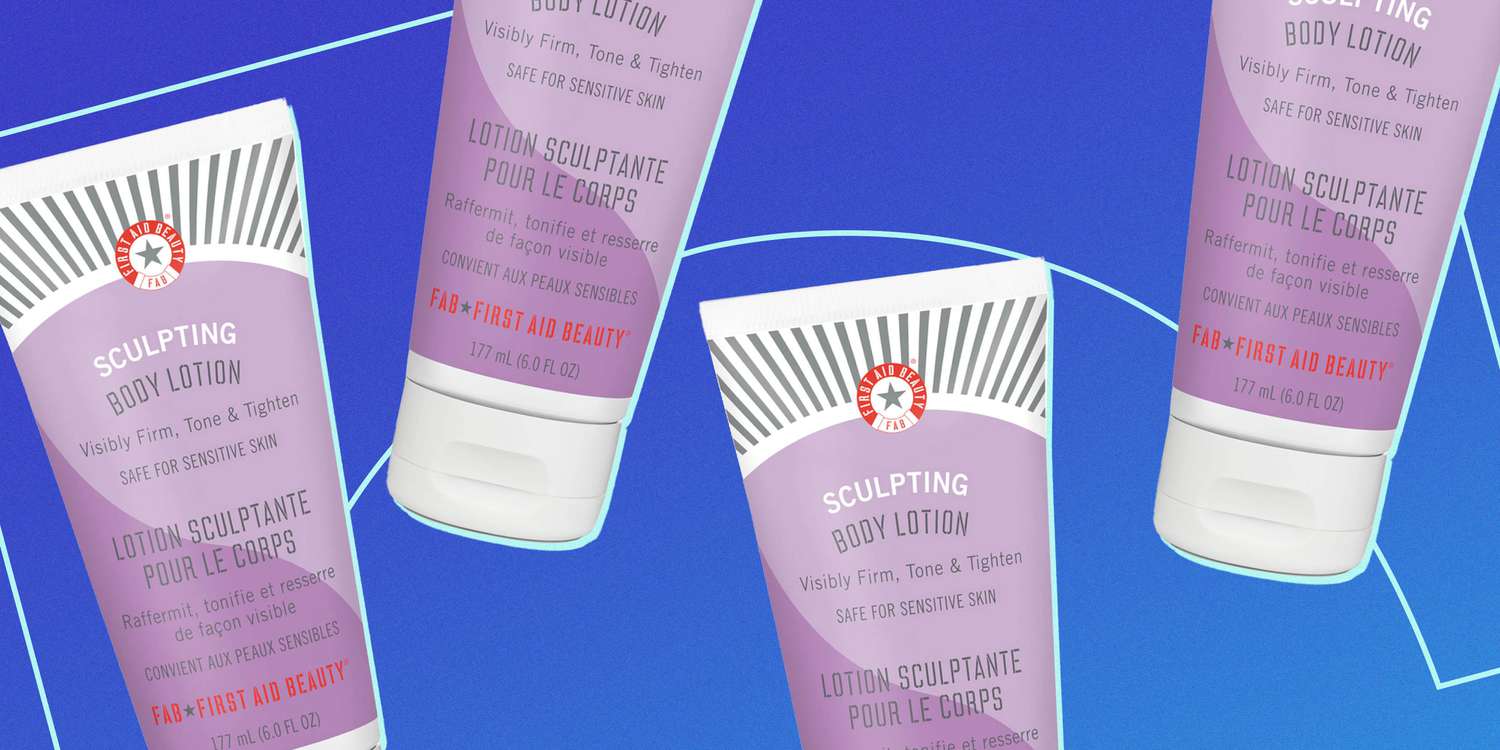Shortly after my household moved into our present residence in 2010, my associate, Brian, determined to assemble neighborhood musicians for an out of doors efficiency. Three households on the finish of a close-by cul-de-sac provided their shared drivemeans as a efficiency house, and one snaked an extension twine out their entrance door for amps and audio system.
Brian recruited people to create the lineup; he circulated paper flyers and even despatched out an evite. He known as it the Scarboro Music Competition, after our tiny group within the suburbs of Washington, D.C. On that sunny Saturday afternoon, neighborhood youngsters and canine walkers wandered by to hear, and die-hard followers arrange folding chairs to absorb the entire present.
All of us noticed how the COVID-19 pandemic tore by way of our communities. Some 600,000 Individuals have died and tens of millions extra have fallen sick. Many small companies shut down or limped alongside the perfect they may. Group facilities, temples, and different gathering locations canceled giant assemblies for greater than a 12 months. Spontaneous social connections like Brian’s music pageant started to appear like a relic from the Earlier than Instances.
Everybody has skilled the pandemic in another way. Some have been capable of work remotely, whereas others crammed frontline positions. Some withdrew inside their properties and wore masks faithfully; others took precautions much less critically. However we’ve all felt a point of social withdrawal. Your group has most likely been struggling — and it wants you.
“There’s a lot ache within the nation that we don’t know what to do with,” says Charles Vogl, creator of The Artwork of Group: Seven Ideas for Belonging. “We aren’t having the conversations, emotionally intimate experiences, and extemporaneous presents of help that normally occur over a 12 months.”
Our society depends on the time and vitality its 63 million volunteers usually contribute. The pandemic brought on 45 p.c of them to cut back their hours; 21 p.c stopped providing their time and skills altogether.
Not solely do our neighbors want us — we want alternatives to offer again. After we assist others, it lowers our danger of melancholy, reduces stress, presents a way of objective, and teaches us invaluable abilities. Lending a hand additionally spurs connection, enabling us to type new and fulfilling relationships.
“One of many issues that offers our lives which means is our closest relationships with household, whether or not organic, authorized, or chosen. It’s about being of and in group,” says Mia Birdsong, creator of How We Present Up: Reclaiming Household, Friendship, and Group. “Regardless of American tradition’s emphasis on the concept of independence, we people are deeply interdependent; it’s wired into our brains and biology. The extra we are able to embrace that, the extra ease we are able to deliver to our lives.”
No matter public-health tips seem like now or sooner or later, you may comply with them whereas supporting your group and constructing connections. Attempt these rules for reengaging.
Begin With Mutual Connections
Group usually varieties round widespread pursuits. That could possibly be a non secular religion, a passion, geographic proximity, or an mental pursuit. Take into consideration what you’d get pleasure from as you join with different folks: Do you wish to assist alleviate meals shortage in your space? Or would you favor to bond over one thing inventive, like in an arts group?
“All communities type round not less than one shared worth and objective,” Vogl says. “Take into account what you worth: being a mother, experiencing tradition in your space, exploring nature?” Then, think about how you possibly can discover individuals who worth comparable issues.
That is how we create group. It could possibly be visiting a grocery co-op, subscribing to a community-supported-agriculture share, working in your group backyard, and even simply visiting your native bookstore.
“Be open to the randomness of it,” suggests Garrett Bucks, a Milwaukee-based group organizer. Bucks remembers a current expertise attending the mushy launch of a brand new native bookstore. He ended up chatting with one of many house owners about Brazilian politics and different matters of mutual curiosity, and he plans to go to once more. “Maybe that may simply be a superb bookstore, or maybe it will likely be a supply of extra group for me.”
Lengthen a Hand
When you’ve discovered an curiosity or objective you wish to pursue, make a proposal. “Group at all times begins with invitation,” Vogl says.
It could possibly be so simple as inviting an off-the-cuff acquaintance over for a yard sport or asking a neighbor to catch up over espresso. Is there a civic subject you’re feeling enthusiastic about? Take into account scheduling a gathering with a member of your metropolis council to debate it.
Perhaps you’d relatively create a group round a selected curiosity, like a e book membership or a operating crew. Don’t really feel that you simply already must know the members or have to ascertain an official house. “The providing itself is the house,” Bucks says.
Even when solely a handful of individuals present up, you’re constructing connections. Simply reaching out tells the folks round you that they’re valued.
At first of the pandemic, Vogl and his spouse circulated a notice all through their neighborhood, introducing themselves and providing to assist their neighbors with something they could want. “A sum whole of 1 neighbor home responded,” he remembers. “They introduced us strawberries as a thanks.”
However extra necessary than the response was the sense of getting assets throughout a troubling time. “Each single particular person in our neighborhood is aware of we’re right here,” he explains. “We all know we’re in it collectively.”
Share Wants
The pandemic has brought on lots of ache: layoffs, isolation, mental-health challenges, sickness, misplaced family members, and extra. You could be a part of the therapeutic our communities want. You simply should ask.
“There doesn’t should be some institutional steerage that affirms that it has actually occurred,” Bucks explains. “Group at all times varieties across the assembly of people that want one thing comparable in that second.”
Journalist S. Mitra Kalita lives in Jackson Heights, Queens — one of many ZIP codes hit hardest throughout the first wave of the pandemic. Within the spring of 2020, neighbors saved asking Kalita and her husband, Nitin Mukul, for assist navigating their new realities, whether or not it was claiming a member of the family’s physique from the morgue or helping the native meals pantry. She launched a e-newsletter, Epicenter-NYC, to attach individuals who needed to assist their neighbors with those that wanted help.
The purpose was a publication that “provides folks a chance to attach, however doesn’t simplistically divide us into haves and have-nots,” Kalita explains. “The thought of giving again could be perceived as very hierarchical. That is rather more mutually pushed.”
For instance, the group was capable of fund a cremation for a motorcycle mechanic who’d supported native households with repairs. A meals pantry solicited diaper donations; native eating places acquired assist vaccinating their staffs.
“We’ve had greater than 200 volunteers signal as much as assist register New Yorkers for vaccines and greater than 8,000 now ask us for assist,” she says. “Each the volunteers and people in want have excessive numbers of unemployment, they usually’re acutely conscious that being vaccinated as a person and a society will increase their capacity to get a job and transcend the financial devastation.”
Volunteers advised Kalita they really feel a powerful sense of objective when serving to these experiencing such want.
You possibly can be part of an current mutual-aid group or begin considered one of your individual. “We don’t must say, ‘I want one thing like that existed right here.’ Supply your self and your time,” she says. “Particular person acts are transformational.” this
Begin Small and Increase the Tent
If launching a mutual-aid group appears daunting, begin smaller. Ask your neighbors in the event that they need assistance scheduling medical appointments or getting groceries. See if lecturers at your native faculties want classroom provides.
When Vogl consults with firms, he recommends not more than 5 folks as the best group dimension for constructing group. In an hourlong assembly, every particular person can theoretically communicate for 10 minutes, which permits the chance that everybody can get to know each other. Much less time doesn’t actually present sufficient alternative for significant connection.
He encourages folks to note who’s included and who’s not, and the way these traces could fall by way of race, gender, socioeconomic standing, and different sides of id. Then search to be extra inclusive.
As we proceed to emerge from the pandemic, constructing these networks can even assist us discover which means. “Our group could also be smaller, however we could be in deeper group with that smaller group of individuals,” Birdsong says. “By listening to our want for belonging, for objective, and for wholeness, we are able to discover our means out of loneliness and honor our connections to one another.”
This text initially appeared as “Group (Re)engagment” within the September 2021 subject of Expertise Life.







